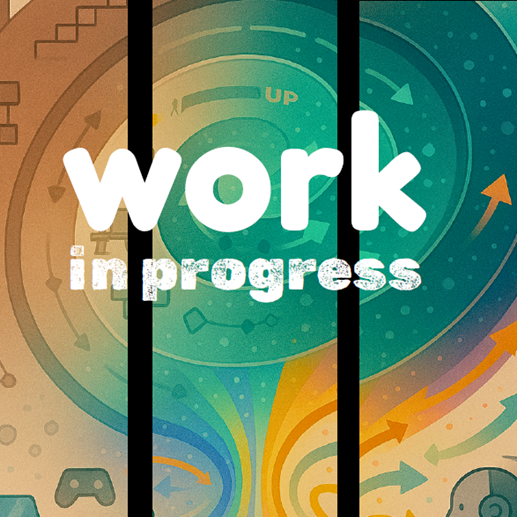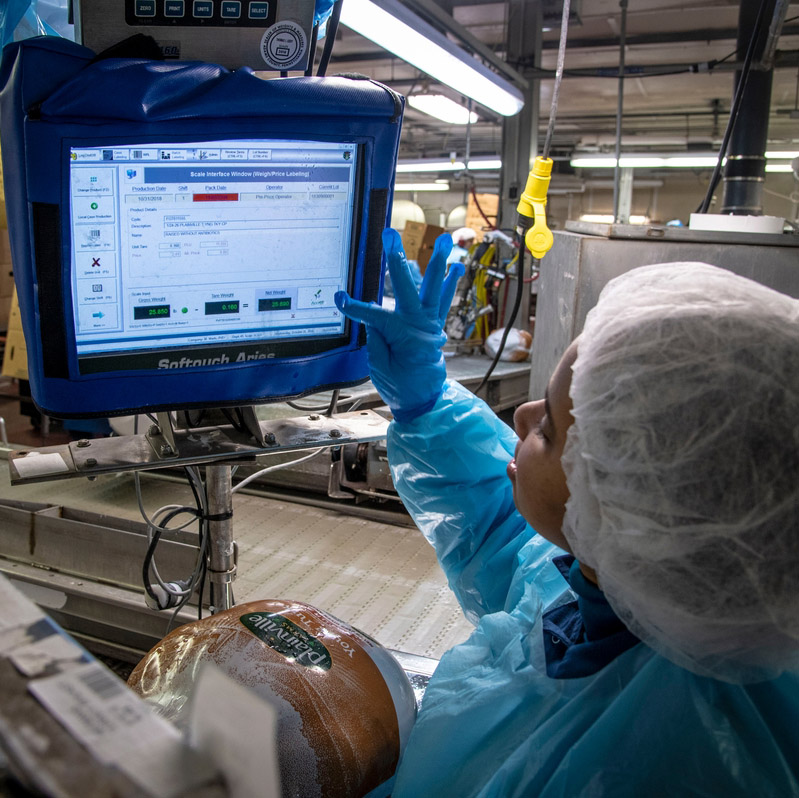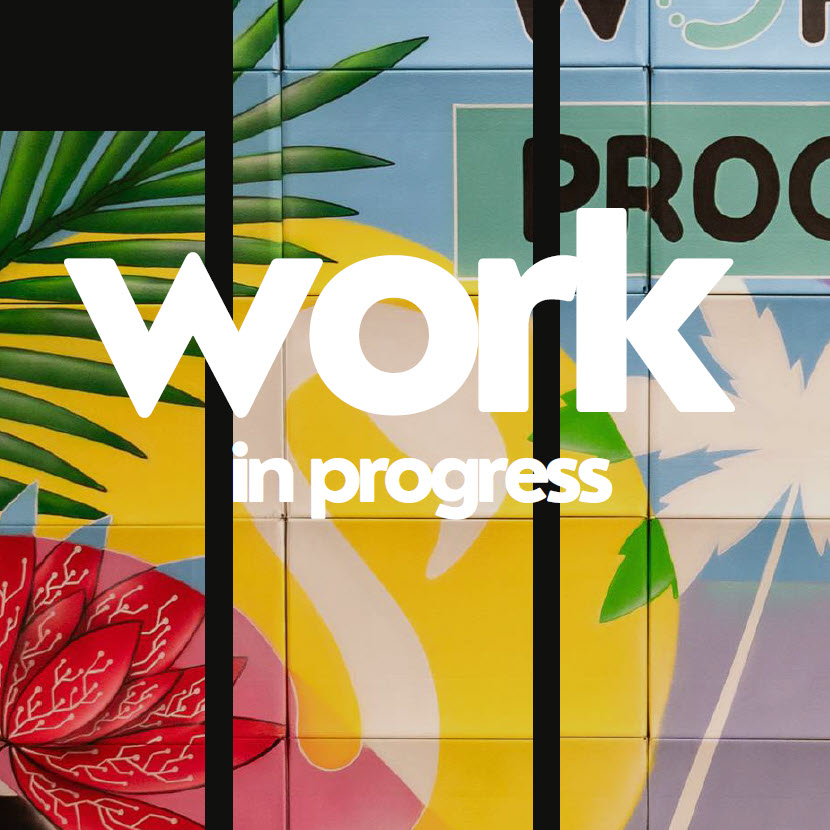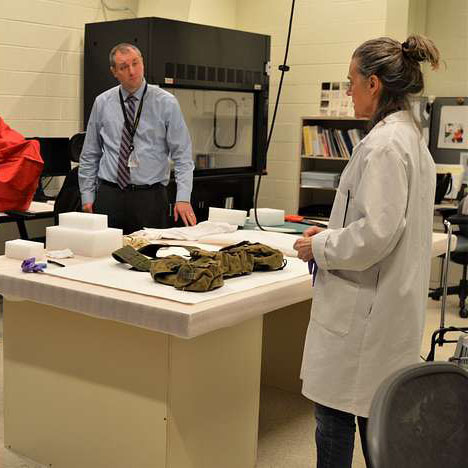-
Work in Progress 2025

In May 2025, IRC4HR sponsored the second convening of Work in Progress, a lab bringing together 29 entrepreneurs, investors, and thought leaders in San Francisco to explore bold new possibilities for the evolution of work.
-
Thank you for sharing your thoughts about our 100th Anniversary reflection questions.
Your response has been successfully submitted. If you’d like to know more about IRC4HR and our work, please visit one of these pages: What We Do Our Projects
-
Tech Effects on Job Quality: Understanding and Mitigating Impacts

Technology can be designed and deployed to achieve different automation purposes, which also have different implications for job design and quality. This project will leverage a large-scale survey of UK workers to uncover the impact of automation on job quality for different demographic and occupational groups.
-
IRC@100
Invitation to Reflect: A Century of Workplace Evolution As we approach the 100th anniversary of our organization, founded in 1926 by John D. Rockefeller, Jr. with a mission “to advance the knowledge and practice of human relations in the workplace,” we invite you to join us in a meaningful conversation about workplace dynamics across the…
-
Work in Progress 2024

In December 2024, IRC4HR sponsored and participated in the launch of Work in Progress, an inaugural lab convening 60+ entrepreneurs, investors, and thought leaders at Art Basel Miami to explore bold new possibilities for the evolution of work.
-
Catalyzing Safe and Equitable Use of Artificial Intelligence in Home Health Care Work

Despite their growing ranks and crucial role, home care workers are often undervalued, underpaid, unrecognized, and isolated. Adding AI to their role could make work better, or worse.
-
Building Cultures of Trust in the 21st Century Workplace

Museums have traditionally thought of themselves as neutral ground, but broader social, environmental, and even operational issues are growing increasing contentious. How can museum leaders and staff, and workplaces generally, build, maintain, and restore trust?
-
Culture of Trust: How Interactions Around Contentious Issues Affect Trust in the Workplace

This project seeks to identify the ways that leaders, especially those working in museums, can support and build trust even when working through contentious issues.
-
Scholarships
IRC4HR supports the following scholarships: Richard A. Beaumont Memorial Scholarship Since 2021, IRC4HR has offered the Richard A. Beaumont Memorial Scholarship in conjunction with the the National Academy of Human Resources Foundation. The Society for Human Resource Management (SHRM) manages the scholarship. This award honors the memory of Richard A. Beaumont, a long-time pioneer in…
-
Terms of Use
Acceptance of Terms A. Industrial Relations Counselors, Inc. (referred to as “the Company,” “us” or “we”), provides the IRC4HR.org website (the “Site”), which includes descriptions of past and ongoing research funded by the Company, research reports, and information about our collaboration with thought leaders and our ongoing development of knowledge and practice relating to human…
